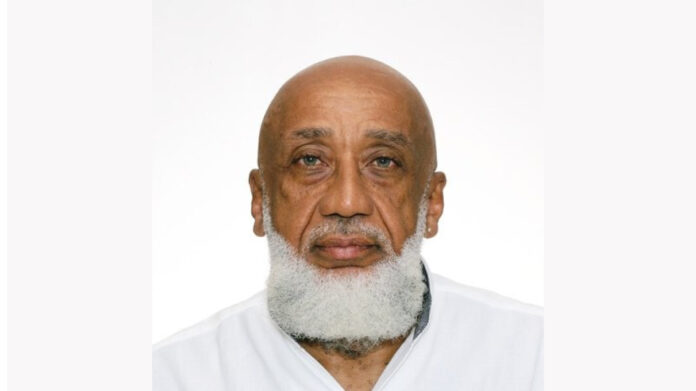By Elesha George
The controversial Registered Land Amendment Bill 2023 has sailed through the Upper House of Parliament without a single amendment, setting the stage for a potential legal showdown over its constitutionality in the future.
The specific bill alters sections within the law to give the government the authority to register land on Barbuda and allow individuals the right to legally own their property. This change would allow property owners in Barbuda, similar to their counterparts in Antigua, to leverage their lands for mortgages and loans if they so desire.
The Bill, which was pushed through parliament by the Antigua Barbuda Labour Party (ABLP) government, is expected to effectively end communal land ownership on Barbuda. Under the proposed legislation, lands will no longer be collectively owned by the people. Instead, each individual will have the right to their own property, while the remainder of land will be vested with the Crown.
But King’s Counsel, Attorney Justin Simon is raising questions about its compatibility with the country’s Constitution.
Simon argues that the amendments infringe upon key provisions of the Antigua and Barbuda Constitution. He specifically points to section 9(1) of the Constitution, which safeguards individuals from property deprivation except for when needed for public use and with fair compensation.
Simon also highlighted the absence of reference to the Land Acquisition Act, Cap. 233, passed in 1958. This existing statute outlines the proper process for the government to acquire lands from individuals or entities. The current bill, according to Simon, lacks adherence to these established procedures, and therefore simply seeks to allow the Crown to take and dispose of lands as they see fit.
“The Amending Bill makes no reference to the provisions of that Act; in fact, the Bill simply seeks to allow the Crown to take and dispose of lands which the government recognizes does not belong to the Crown and never belonged to the Crown,” he noted.
In a statement to the press on Tuesday, he said, “the government must bear in mind that these lands may currently be occupied, and that these occupants may have a legal right to title by way of prescription, as these lands do not belong to the Crown”.
Critically, and according to the country’s Land Acquisition Act, the amendments before the House fail to provide adequate notice to the public and prospective landowners since it makes no reference to the government’s intention to publish notices of intent to acquire land in the name of the Crown, declare a public purpose for the acquisition, or assess future compensation payments. This raises concerns for those who currently occupy the potentially affected lands and may hold legal rights to title through the long and continuous used of the land.
At the heart of this debate is Clause 5 of the Registered Land (Amendment) Bill, 2023. This clause seeks to amend section 121(a) of the Registered Land Act, Cap. 374. It introduces a three-year time limit, starting from the date the amendments become law, for land applications to be made and considered. Upon the expiration of this period, unclaimed land parcels will be vested in the Crown. The Cabinet will hold the authority to direct the Chief Land Officer in handling these lands.
Last week, the majority of the lawmakers in attendance in the Lower House, with the exception of Barbuda MP Trevor Walker and Leader of the Opposition Jamale Pringle, voted to enact changes to the Registered Land Act. During last week’s debate, the Barbuda MP vowed to reverse the law if and when the labour party demits office.
On Wednesday, senators in the Upper House voted to pass the bill, bringing it one step closer to becoming law.

